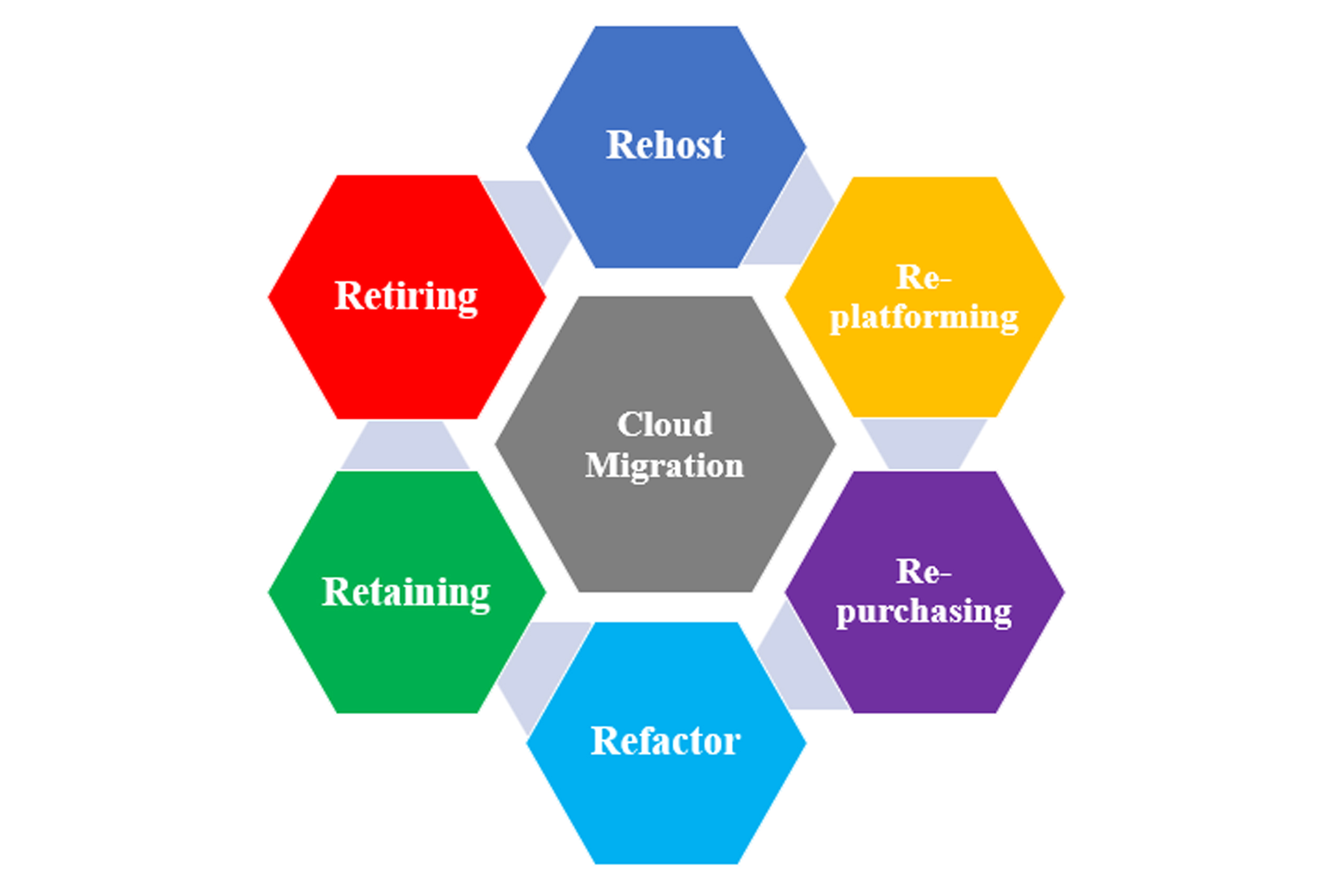Cloud migration has become a crucial step for businesses aiming to stay competitive and operationally efficient in today’s rapidly evolving digital landscape. It involves transferring data, applications, and workloads from on-premises infrastructure to cloud-based platforms, enabling organisations to leverage the power of modern technology. Moving your workloads to the cloud offers several tangible advantages, such as increased scalability, cost savings, enhanced security, and improved collaboration tools, all of which drive organisational growth and stability. By reducing reliance on physical infrastructure, businesses can respond faster to market demands and scale up with ease as they grow. Below, we explore the most impactful benefits of cloud migration in more detail and explain why adopting this technology could be the game-changer your business needs to thrive in a competitive environment.
Significant Cost Savings
One of the most attractive benefits of cloud migration is the potential for cost reduction. By moving to the cloud, businesses can shift from a capital expenditure (CapEx) model, involving hefty upfront investments in hardware and on-premise infrastructure, to an operational expenditure (OpEx) model. Cloud providers typically operate on a pay-as-you-go system, allowing businesses to only pay for the resources they consume.
This model eliminates unnecessary spending on underutilised hardware and reduces long-term maintenance costs. Additionally, the cloud allows organisations to scale their usage up or down as required, ensuring optimal resource utilisation without overcommitting budgets. Such financial flexibility provides businesses with the opportunity to allocate funds to other critical areas.
Scalability That Grows With Your Needs
Another clear advantage of cloud migration is its ability to offer seamless scalability. Businesses no longer need to worry about the physical limitations of on-premise servers when managing increases in data or user demand. Whether your organisation requires additional computing resources or storage to support rapid growth or seasonal traffic surges, the cloud scales in real-time to meet these needs.
With cloud infrastructure, the time-consuming process of procuring and setting up new hardware becomes a thing of the past. Businesses can expand or reduce their capacity at the click of a button, enabling agility without interruption. This scalability ensures that resources align closely with business requirements, whether expanding operations or cutting back in leaner times.
Enhanced Security
Contrary to some misconceptions, cloud service providers often offer more advanced security measures than what typical on-premise solutions provide. Cloud providers invest heavily in state-of-the-art security technologies and protocols to safeguard data against cyber threats, unauthorised access and accidental loss.
These platforms include features such as encryption during data transfer, advanced firewalls and continuous monitoring to detect and mitigate potential vulnerabilities. Additionally, compliance with stringent regulatory standards is integral to the operations of reputable cloud service providers, ensuring businesses meet their industry-specific obligations.
Businesses also benefit from built-in backups and disaster recovery options provided by cloud solutions. This not only aids in minimising downtime but also protects critical data in the event of hardware failures or outages. Adopting cloud technology allows companies to fortify their security posture while gaining peace of mind that their sensitive data is well-protected.
Why Businesses Are Adopting the Cloud
The benefits of cloud migration go well beyond just cost savings, scalability and improved security. For many businesses, migration represents a fundamental shift towards greater efficiency, agility and sustainability in operations. By harnessing the power of the cloud, companies can better adapt to changing demands, enhance their overall performance and maintain robust continuity in the face of unexpected challenges.
If your organisation is considering this move, the advantages listed above demonstrate the cloud’s pivotal role in driving smarter and more streamlined operations. Cloud migration is no longer a forward-focused option; it’s a necessary step for businesses committed to advancing in a digital-first environment.


